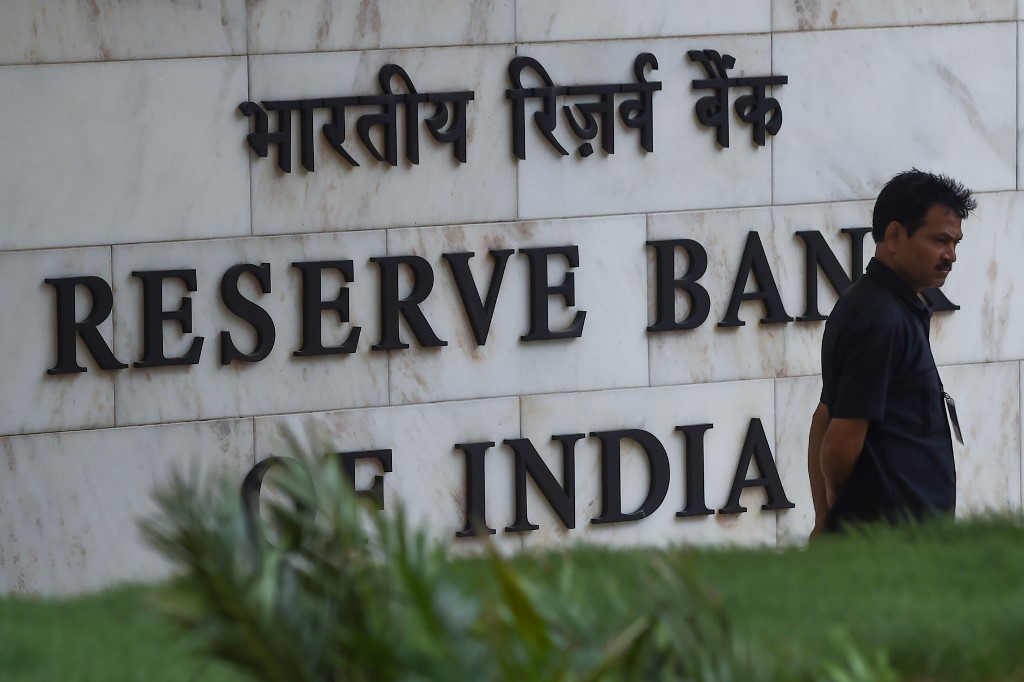(ATF) The Reserve Bank of India kept policy rates on hold again in the December monetary policy it announced on Friday and broadly stuck to its October guidance of maintaining an “accommodative” stance to support growth amid persistently high inflation, and after a better-than-expected reading on economic growth.
The central bank also pledged to continue with the accommodative stance as long as necessary – at least during the current financial year and into the next financial year – to ensure a “durable improvement” in growth.
As with the previous monetary policy announcement in October, the RBI kept the repo and reverse repo rates unchanged at 4.00% and 3.35% respectively, which was widely expected.
The RBI said it had to prioritise growth over inflation, which has been inching up due to the inability of the economy to ramp up production to match the increasing demand following a gradual opening up after the months of crippling lockdowns.
RBI expects consumer price index-based inflation to average 6.8% in the October-December 2020 quarter and 5.8% in January-March 2021. This is substantially higher than its estimate of inflation sliding to the 4.5-5.5% range in the October 2021 to March 2021 period.
“The RBI is of the view that inflation is likely to remain elevated, barring transient relief in the winter months from prices of perishables. This constrains monetary policy at the current juncture from using the space available to act in support of growth,” the RBI said in its statement on Friday announcing the December 2020 monetary policy.
“At the same time, the signs of recovery are far from being broad-based and are dependent on sustained policy support. A small window is available for proactive supply management strategies to break the inflation spiral being fuelled by supply chain disruptions, excessive margins and indirect taxes,” it added.
The culprits
A trio of factors are fuelling the spiralling of consumer inflation, according to the central bank’s governor Shaktikanta Das. These are: supply-chain disruptions, excessive margins, and increasing indirect taxes on fuel.
While the months of lockdown have caused widespread disruptions in the supply chain that are leading to price inflation, higher indirect taxes on petrol and diesel are also adding to costs of most products and services, the RBI said.
Vagaries of weather like untimely rains and flooding in parts of the country have also contributed to supply chain disruptions and spurred inflation.
“Cost-push pressures continue to impinge on core inflation, which has remained sticky and could firm up as economic activity normalises and demand picks up,” the RBI statement said.
The statement added that the RBI decided to maintain the status quo on the policy rate and continue with an accommodative stance as long as necessary “to revive growth on a durable basis and mitigate the impact of Covid-19 on the economy, while ensuring that inflation remains within the target going forward.”
Further efforts are necessary to mitigate supply-side driven inflation pressures and [the central bank] will monitor closely all threats to price stability to anchor broader macroeconomic and financial stability, RBI governor Das added.
Optimistic outlook
Turning to the growth outlook, the central bank is optimistic. It said that with visible signs of a recovery in rural demand gaining strength, and urban demand gaining momentum as unlocking spurs activity and employment – especially of labour displaced by the pandemic – an economic recovery is also gaining traction.
Consumers remain optimistic and business sentiment of manufacturing firms is gradually improving too as India’s fiscal stimulus increasingly moves beyond being supportive of consumption and liquidity to supporting growth-generating investment, the RBI said.
Growth prospects have also brightened considerably with the progress on Covid vaccines, it added.
CARE Ratings said this implies that the RBI expects sustained demand in December too. “If that does happen, growth going forward could be even higher,” CARE said.
READ MORE: India banks on the RBI to nurture recovery
READ MORE: RBI’s banking leap of faith sparks concern
























